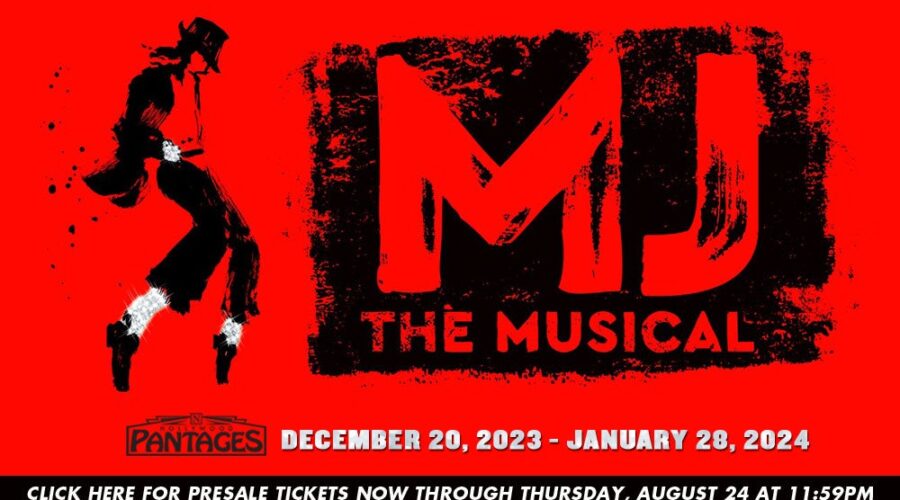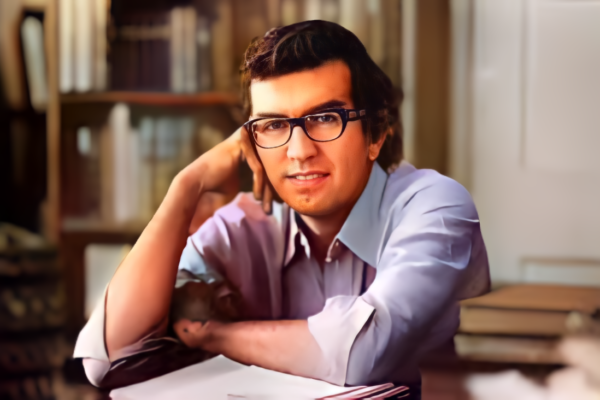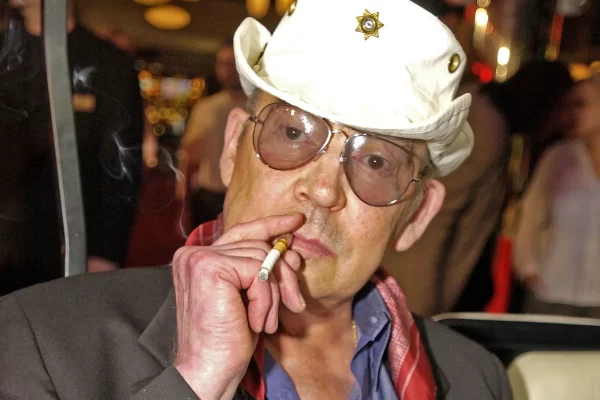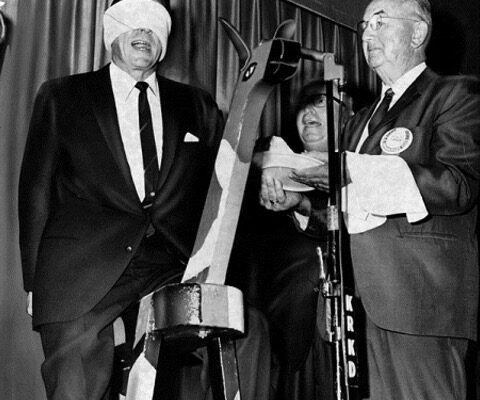By Dennis Polkow
Reviewed for New City Stage, August 14, in Chicago
As a critic who covered the mammoth memorable tours of the late Michael Jackson, my curiosity was piqued by the prospect of “MJ: The Musical.”
For forty years, Jackson had an immense impact on popular culture that continually redefined its boundaries. His powerful and expressive signature voice, his iconic dance moves, his grooves and melody-driven pop hits, his groundbreaking music videos, his trendsetting fashions, his global philanthropy, his multi-platinum albums—but most especially his unparalleled live performance extravaganzas—attracted a massive multiracial, multigenerational following.
And yet, nearly a decade-and-a-half after Jackson’s 2009 death that was ruled a homicide via a doctor-given anesthetic overdose at the age of fifty, as well as child-molestation allegations that continued to proliferate posthumously, Jackson’s legacy remains shrouded by a dark cloud.
It would seem like the most effective way to rehabilitate a reputation would be to deal with all of this head-on. But that is not the approach “MJ: The Musical” takes.
Perhaps to start the story with a fifty-year old Jackson preparing to go back out on the road in 2009, after not performing in over a decade, only to die eighteen days before eight months of sold-out shows were to begin in London, would be too bleak. We all know that’s the real ending.
So instead, “MJ: The Musical” turns back the clock and starts with Jackson in his prime preparing for the 1992 “Dangerous” tour as if the last seventeen years of his life had never happened. (The following year, 1993, was when the initial child molestation case was brought against Jackson, though it ended up settled out of court. Jackson would go on to face a 2005 suit for a second allegation that went to trial, but he was acquitted. Suits were filed against Jackson’s estate in 2013 and 2014 but were dismissed.)
The premise that a camera crew is coming to interview Jackson at a rehearsal means that we see him rehearsing “Beat It” on a bare stage with his dance ensemble. “You’re late,” to a dancer making a move, are the first words we hear from him. This was opening night for the national tour with Roman Banks as the lead and yet he seemed comfortable in such an iconic role. We quickly accept him as Jackson. Banks has the moves and both the singing and speaking voices down, but it doesn’t come off as mimicry. Only Elvis has likely had more impersonators than Jackson; it’s a cottage industry. What is refreshing about Banks is that he is a Broadway veteran who has the acting chops to pull you into the character. This is a soft-spoken and gentle Michael who loves pranks and disguises. He is a relenting perfectionist, but won’t ask anything of others he won’t ask of himself. And yes, Banks does look like the Jackson of the eighties era, ironically, more than the later Michael he plays. There is also a middle Michael (Brandon Lee Harris) and a young Jackson 5 Michael, alternated by Josiah Benson and Ethan Joseph.

Broadway in Chicago’s “MJ: The Musical”/Photo: Matthew Murphy
Jackson doesn’t want to do the interview because he is always “burned” by the press. His associates make clear he needs to do it as Jackson is hemorrhaging money, a constant theme in the show. This tour needs to be a huge success which of course it will be, but not without high cost, literally and emotionally,for Jackson.
Jackson tells the crew that he only wants to talk about his music. “Is it possible to separate your life from your work?” asks Rachel the journalist (Mary Kate Moore).
We are transported to Jackson’s childhood in Gary, Indiana, to the sounds of the R&B that had an impact on him and his family. Michael is shown as a boy, singing Rodgers and Hammerstein and causing a sensation. We meet Michael’s father (Devin Bowles) who is portrayed as an abusive taskmaster, particularly to Michael. In the most tender moment of the show, Michael’s mother (Anastasia Talley) comforts young Michael singing “I’ll Be There” with him.
This is really the strength of the show, that the world, sensitivity and imagination we inhabit is that of Michael Jackson. People sing to him within his perception, even his manager, even the reporter. He hears conversation as music. And what they sing to him is mostly Michael Jackson songs—or bits that become Michael Jackson songs—that are perfectly suited for the dramaturgy of the moment.
The strange stuff is not ignored. Bubbles the chimp, the oxygen sleeping chamber, his challenges in sustaining relationships, the reinvention of himself even physically when he starts losing his pigmentation, the sleeping pills, et al. The only whiff of children in his life are when a manager asks “Who is this family he wants to bring on tour?”
For those who want to experience a sense of what a live Michael Jackson show was all about, “MJ: The Musical” offers a satisfying sense. For those who grew up with this music, it is presented authentically, albeit tailored for a Broadway-style show.
But what is wonderful about “MJ: The Musical” is that it raises as many meaningful questions about creativity when it has a cavernous cultural response and impact as it answers.





